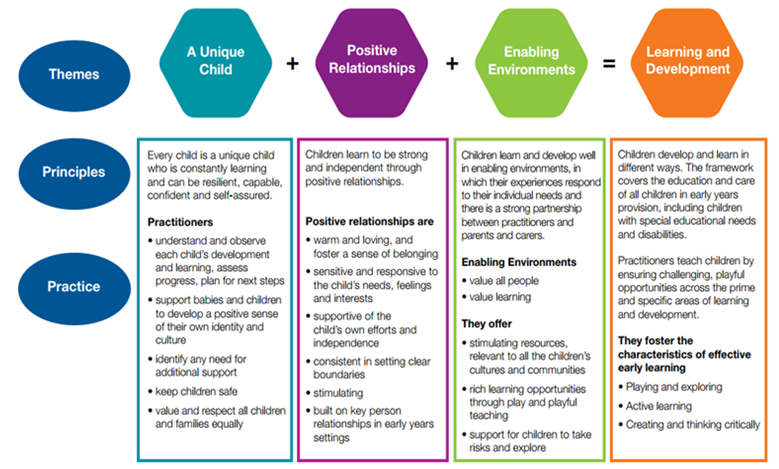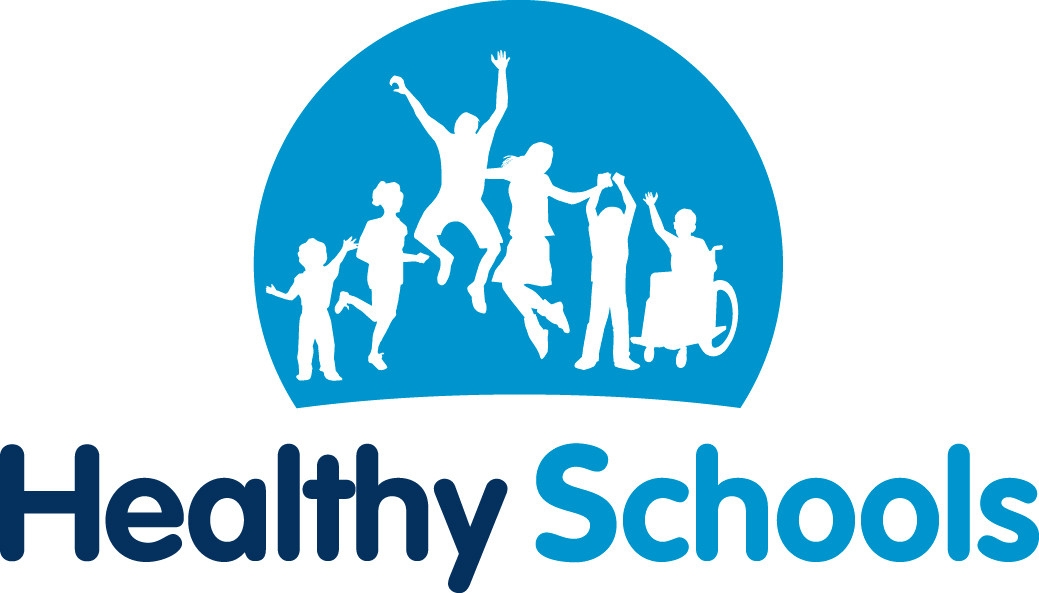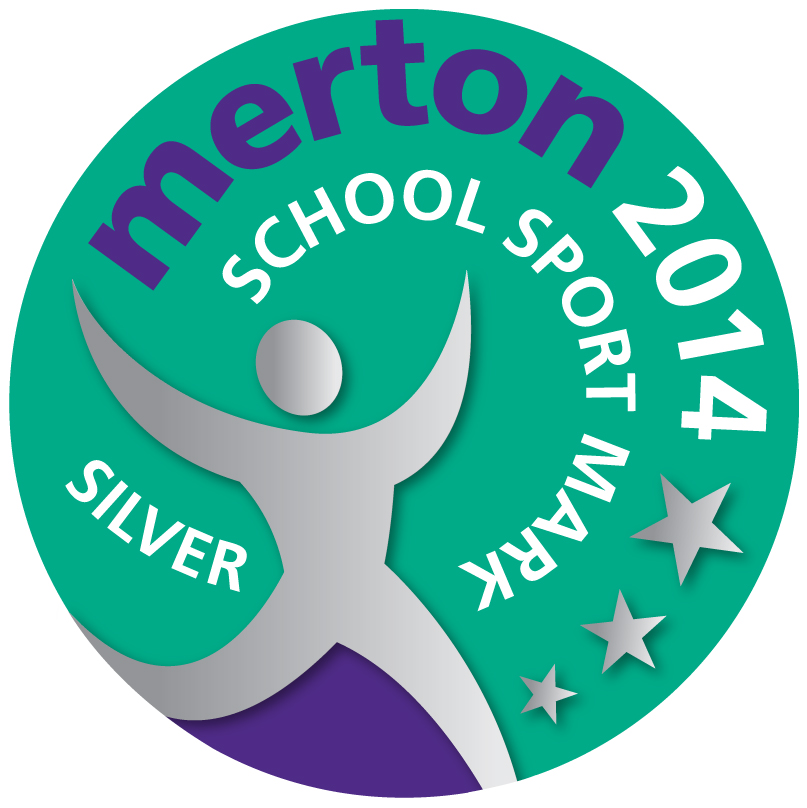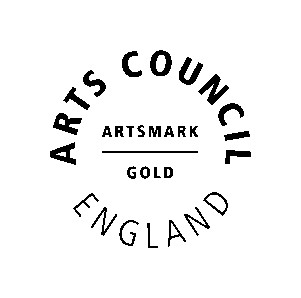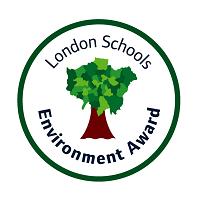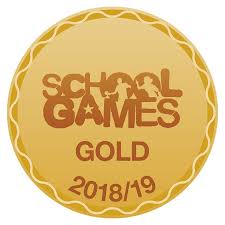What does Early Years look like at All Saints’?
Effective teaching and learning in the Early Years at All Saints' Primary School shows practitioners systematically help children make connections in their learning and support them in reflecting on what they have already learnt, so that they are actively led forward to their next step. We recognise that young children learn in many different ways and staff draw upon a range of teaching strategies, as well as their knowledge of child development, to meet these differing needs. Some strategies are selected during planning, others are a perceptive response to what children do or say.
Staff work closely with the Development Matters guidance and the Statutory Guidance for the Foundation Stage 2021, to plan excellent progression in skills and experiences. Long-term planning clearly shows breadth of coverage, whilst medium-term and short-term plans show how practitioners plan a curriculum that helps all children make good progress towards the knowledge, skills, understanding and attitudes that children need to learn during the Foundation Stage to achieve the Early Learning Goals.
We recognise that the process of learning, as well as the content or outcomes, are important for young children. Children deepen their understanding by playing, talking, observing, planning, questioning, experimenting, testing, repeating, reflecting and responding to adults and to each other.
Play is the key way in which young children learn with enjoyment and challenge. Children’s play can take many forms - sometimes it will be very active, sometimes descriptive about what they are doing, or it can be quiet and reflective. At All Saints', there is no distinction made between 'play' and 'work' - play is how children learn at this age.
Families are encouraged to be partners and are informed of their child’s learning and progress at every step of the day. An online tool (Tapestry), is used as a vessel for sharing their child’s learning experiences and parents are encouraged to upload their own examples of learning outside school. Termly parent consultation evenings encourage staff, parents and children to celebrate achievements and set next steps for learning. Weekly newsletter style ‘homework’ shared examples of learning that have taken part in school and set fun, practical task for the children to complete at home.
Four Guiding Principles
Our Early Years Curriculum is based around 4 guiding principles:
- The Unique Approach: We recognise that every child is an individual and aim to meet their individual learning and development needs. We want to see children engaged and moving forward with their learning, supported and guided by knowledgeable and skilled practitioners. It is our aim that every child within our early years learns to be resilient, capable, confident and self-assured. We see every child as an active learner with an innate desire to learn and become more competent!
- Positive Relationships: We believe in a nurturing environment, filled with compassion and love. An environment whereby children form positive and secure relationships with all adults; adults who are sensitive and responsive to the children’s individual needs, feelings and interests. As early years practitioners we recognise that parents know their children best and as such we aim to work closely with families, through transition into the setting and beyond. We also value the input from other practitioners (as significant people in a child’s life). We communicate effectively with different settings and with other professionals to build a picture of a child’s needs.
- Enabling Environments: We have generous, play-based learning classrooms, both indoors and outdoors; where children can make choices, learn together with and from others and have a range of open-ended experiences and resources on which to build their learning experiences, with playfulness and joyfulness. Provocations (different stimuli, such as objects or experiences) may be added throughout the year to build on the children’s cultural capital through different experiences e.g. festivals and celebrations at a local, national and global level.
- Learning and Development: there are seven areas of learning in the EYFS, with communication and language, physical development and personal, social and emotional development forming the backbone of the children’s development and learning.
